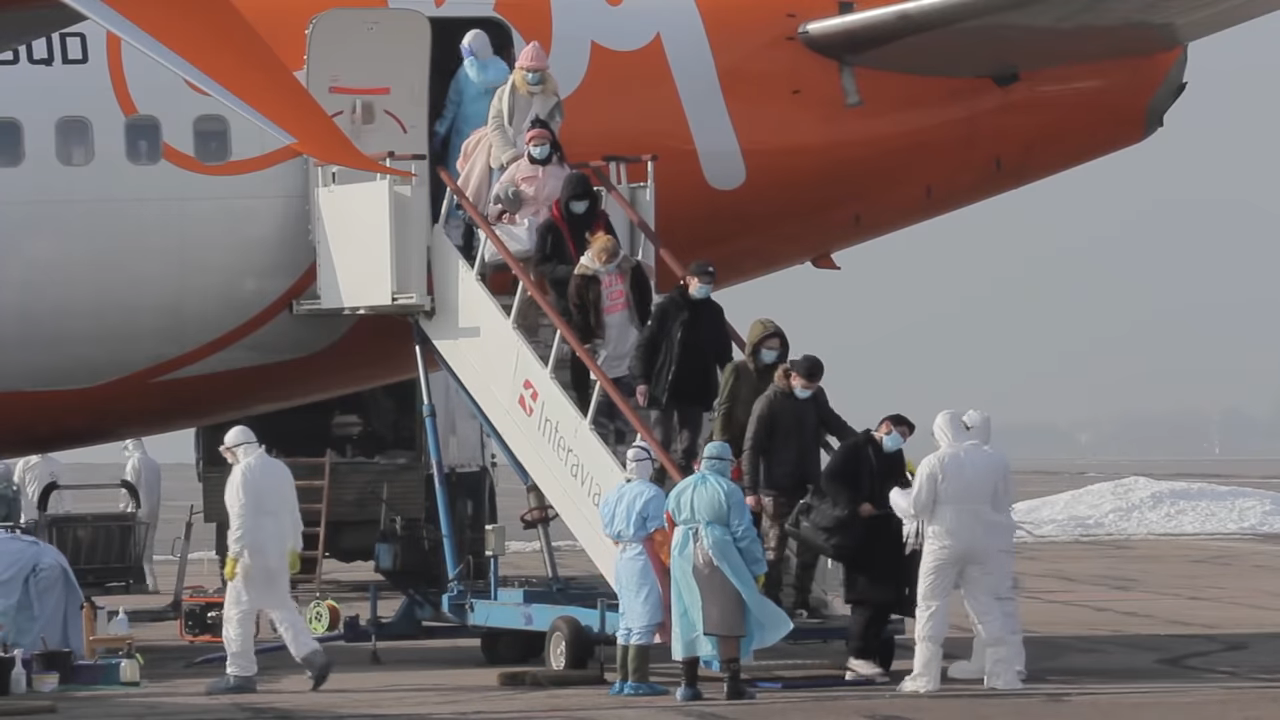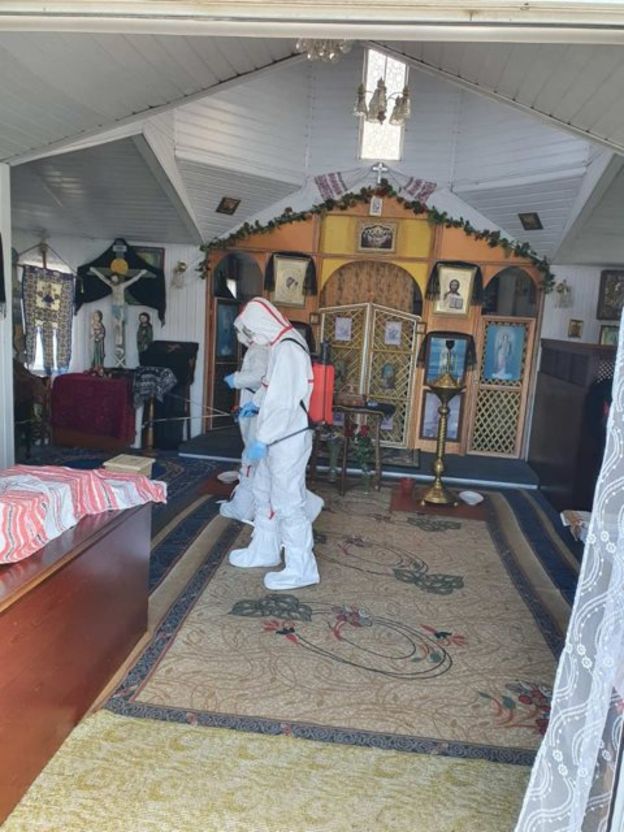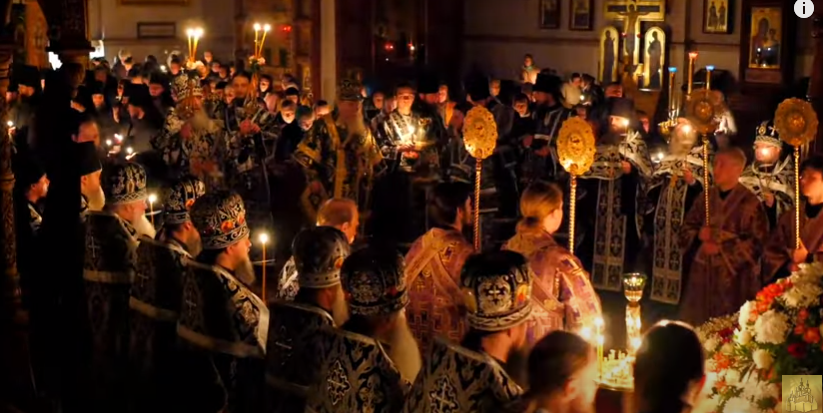Ukraine has been generally spared from the worldwide outbreak, and in order to contain the spread of the pandemic from abroad, the government has introduced a three-week nation-wide quarantine and is going to bar foreign citizens from entering the country for two weeks and suspend international passenger air travel.
First coronavirus death in Ukraine
A 71-year-old woman died in the city of Radomyshl in the north-central Zhytomyr Oblast, the Ukrainian Health Ministry reported. The woman was earlier diagnosed with the novel COVID-19 infection. On the morning of 13 March, her condition deteriorated and became critical. She was put on a ventilator but died a few hours later.
The Ministry of Health noted that the victim was in the risk group of senior citizens who are most vulnerable to contracting the coronavirus with lethal consequences.
One 1 March the woman returned from Poland, manifested initial symptoms on 3 March, and visited a mass in a local church on 8 March, where she kissed icons and came in contact with 28 parishioners. Local authorities urged all those to place themselves under voluntary quarantine at their homes. The priest of the church, father Myroslav, assured that the woman looked healthy and showed no visible symptoms.
The family members with whom the coronavirus victim lived and the people she was in contact with are under medical supervision.
On the evening of 12 March, the authorities of Radomyshl announced a state of emergency in the city.
Two other coronavirus cases in Ukraine were earlier confirmed in the country's southwest: that of two elderly men from Chernivtsi Oblast. The first case was recorded on 2 March. As the Health Ministry reported on 3 March, a Chernivtsi man contracted the coronavirus on his vacation in Italy. Another patient who was tested positive for coronavirus, as the Ministry reported on 12 March, has been a man from the same region whose wife had returned to Ukraine from Italy in the past 14 days.
Ukraine closes borders for foreigners, suspends air travel
In 48 hours, Ukraine will close its borders for foreign citizens for two weeks due to the coronavirus pandemic.
This was announced by NSDC secretary Olesksiy Danilov during a break at an urgent session of the body, BBC reported. The travel restriction will not affect diplomats or humanitarian mission representatives.
Danilov added that Ukrainian citizens are advised to restrict their foreign travels, but all of them will be able to return home. Those arriving from countries with a large coronavirus outbreak will undergo an observation period. As well, most international border checkpoints will be closed, and flights from Italy will be canceled.
UPDATE: in the evening of 13 March, Verkhovna Rada speaker Dmytro Razumkov announced that Ukraine was suspending passenger air travel starting from 0:00 of 17 March.
Quarantine
On 11 March the Cabinet of Ministers introduced a nation-wide quarantine for three weeks until 3 April. Among other proposed measures was a ban on mass events with a turnout totaling 200 and more people. However, the restriction isn't applied to events "of national importance."
The Ministry of Education elucidated that all educational institutions including kindergartens, schools, colleges, universities have been closed until 3 April.
Preliminary reports on 12 coronavirus cases in occupied territory
Arsen Avakov, the Ukrainian Minister of Interior, informed the Cabinet meeting on 13 April that Ukrainian law enforcement agencies are checking reports on alleged coronavirus cases in the Russia-occupied territory of the easternmost Donbas region,
"We have preliminary information on 12 cases of coronavirus in Horlivka," he said.
According to Avakov, the government is going to restrict the entry from the occupied territories for the period of the quarantine imposed earlier throughout Ukraine. Only the citizens registered in the government-controlled territory will be allowed to enter from occupied Luhansk and Donetsk areas.
On 9 March, the Joint-Forces Operation HQ reported that occupation authorities expelled a man who developed the symptoms of the coronavirus infection to government-controlled territory.
Read also:
- Disinformation mash-up: MH17, coronavirus, Russophobia, Ukraine
- Nostradamus and coronavirus: How Russian propagandists use names of seers to push own narratives
- Russian propaganda’s “conspiratorial” virus: disinformation review
- This week’s pro-Kremlin disinformation: bears and drugs and climate change
- “Who’s afraid of the brown stink bug?” Russian disinformation about a lab in Tbilisi
- New York Times sheds light on decades-old tradition of Kremlin disinformation campaign







